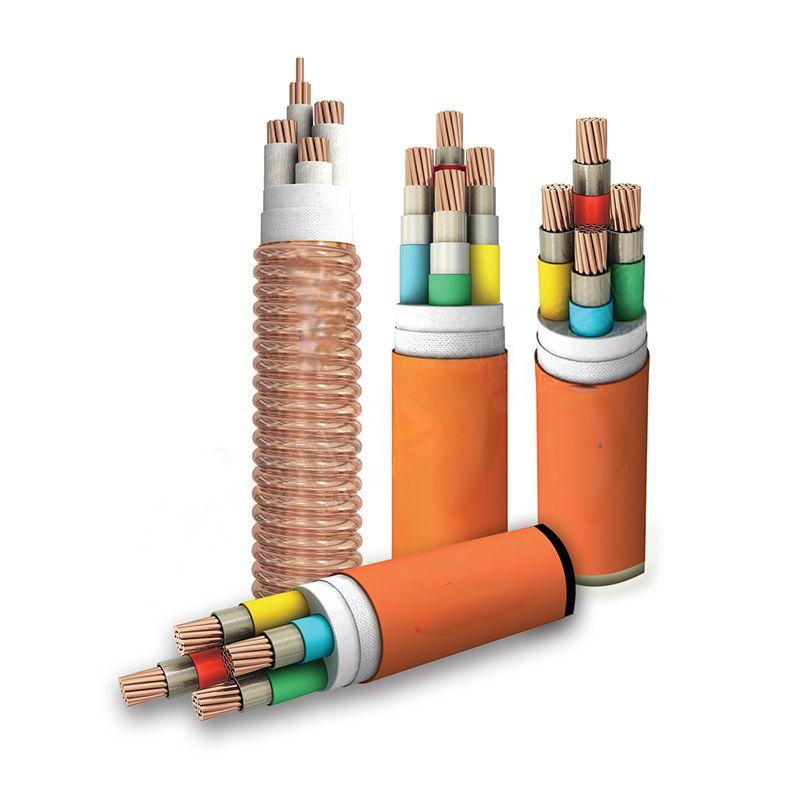Tach . 22, 2024 14:30 Back to list
ss ball valve flange type
Understanding SS Ball Valve Flange Types
Stainless steel (SS) ball valves have quickly become a cornerstone in industrial fluid control due to their durability, reliability, and superior performance. Among the various configuration options available, flange-type ball valves stand out due to their ease of installation and ability to maintain high integrity under pressure. This article delves into the intricacies of SS ball valve flange types, their applications, advantages, and key considerations.
What is a Flange-Type Ball Valve?
A flange-type ball valve is a type of valve that features flanged ends, allowing it to be directly bolted to piping systems. The flanges generally conform to specific standards such as ANSI, DIN, or JIS, which dictate dimensions and pressure ratings. The core function of a ball valve is to control the flow of fluid by means of a spherical closure element (the ball). The design enables quick on-off flow control, making it indispensable across various industries.
Types of Flange Connections
Flange connections for ball valves typically come in several variants
1. Weld Neck Flange This type features a long tapered neck that transitions smoothly to the pipe. It provides excellent strength and is often used in high-pressure and high-temperature applications.
2. Slip-On Flange As the name suggests, this flange slips over the pipe and is then welded in place. While they are easier to align and install, they may not withstand as much pressure as weld neck flanges.
3. Blind Flange Primarily used to close the end of a piping system, blind flanges provide a tight seal and allow for easy access for maintenance without needing to disconnect the entire system.
4. Socket Weld Flange This type is designed for smaller pipes and involves inserting the pipe into the flange and welding it. It offers good mechanical strength.
5. Threaded Flange Used for low-pressure applications, threaded flanges have internal threads that allow them to be screwed onto the pipe.
Each type of flange has distinct advantages depending on the installation requirements and working conditions.
Advantages of SS Ball Valve Flange Types
ss ball valve flange type

1. Ease of Installation Flange-type ball valves are relatively simple to install because they can be easily bolted directly to the flange of piping systems. This reduces the overall installation time and labor costs.
2. Strong Sealing Flanged connections create robust seals that enhance the valve's ability to handle high pressures and temperatures. The connection is robust enough to withstand thermal expansion and other stresses.
3. Versatility Stainless steel ball valve flange types are versatile and available in a variety of sizes, pressure ratings, and styles, making them suitable for different applications, such as oil and gas, water treatment, and chemical processing.
4. Corrosion Resistance Stainless steel is known for its resistance to corrosion, making these valves ideal for use in harsh environments where other materials might fail.
5. Low Torque Operation A ball valve typically requires less torque to operate than other types of valves, making the valve easier to open and close, thus reducing wear and tear on the actuator.
Key Considerations
When selecting an SS ball valve flange type, there are several key factors to consider
1. Material Ensure the stainless steel grade is suitable for your specific application. 304 and 316 are common grades used in ball valves, each with unique properties concerning corrosion resistance and strength.
2. Pressure Ratings Always check the maximum pressure and temperature ratings to ensure that the valve will operate safely in your system’s conditions.
3. Size and Compatibility Verify that the size of the ball valve matches the piping system and that it is compatible with the existing flanges.
4. Standards Compliance Ensure that the valve complies with relevant industry standards for safety and efficiency.
Conclusion
In summary, SS ball valve flange types are integral components in various industrial applications. Their advantageous features such as ease of installation, strong sealing capabilities, and versatility, make them a preferred choice for fluid control mechanisms. Understanding the different types of flanges and their specific benefits can help engineers and purchasing agents select the most suitable options for their piping systems, thereby optimizing performance and reliability. As industries continue to evolve, the demand for high-quality SS ball valves will undoubtedly remain strong, underscoring their crucial role in modern fluid management.
Share
-
Reliable Wafer Type Butterfly Valves for Every IndustryNewsJul.25,2025
-
Reliable Flow Control Begins with the Right Ball Check ValveNewsJul.25,2025
-
Precision Flow Control Starts with Quality ValvesNewsJul.25,2025
-
Industrial Flow Control ReliabilityNewsJul.25,2025
-
Engineered for Efficiency Gate Valves That Power Industrial PerformanceNewsJul.25,2025
-
Empowering Infrastructure Through Quality ManufacturingNewsJul.25,2025